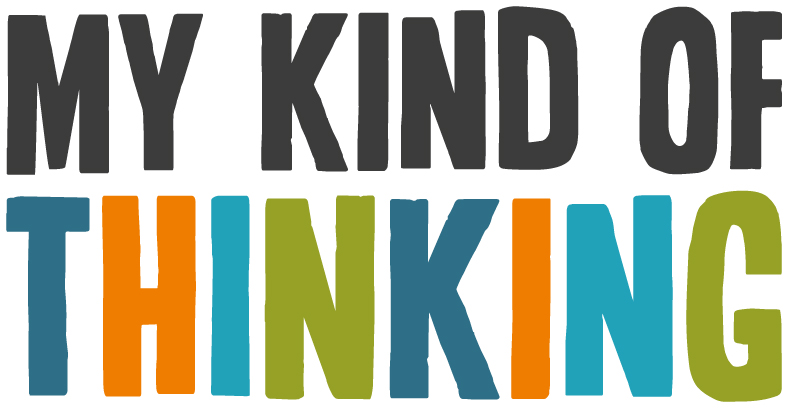Each assessment takes approximately 3 hours and is usually conducted in the individual’s home, educational establishment or workplace setting. An assessment usually starts with discussion about an individual’s educational and developmental history, strengths and areas they struggle with.
There is no single test that can diagnose dyslexia – a diagnostic assessment consists of a wide range of tests which explore areas including:
What tests are used?
Tests of cognitive processing
- Verbal ability
- Visual ability
- Memory
- Processing speeds
- Phonological awareness (awareness of spoken sounds)
Tests of attainment
- Reading
- Spelling
- Writing
- Comprehension
The results of all these tests are considered alongside the individual’s background history, as well as observations of their behaviours and performance during the assessment itself.
What’s the difference between a dyslexia assessment and a dyslexia screener?
A dyslexia assessment provides a confirmed diagnosis and allows a clear picture of the individual’s strengths and weaknesses to emerge.
A dyslexia screener is a quick measure of some of the areas above and is often used when a group of students or children need to be assessed at once. It allows the identification of those that might be ‘at risk’ of dyslexia. A dyslexia screener does not provide a diagnosis.
What’s the difference between an educational psychologist and a specialist teacher?
Dyslexia assessments can be carried out by educational psychologists and specialist teacher assessors.
Educational psychologists often work within schools and can be the most appropriate option when a more complex profile of behaviours and difficulties with learning are evident. They are able to offer a broader range of investigations, as their training has covered a wide range of difficulties. However, the breadth of the training means that a dyslexia assessment may be better carried out by a specialist teacher.
Specialist teachers are qualified teachers with extensive postgraduate training in dyslexia and other learning difficulties. Their specialised knowledge is useful when an SpLD is under investigation and as many of them still teach and work with children, students and adults with an SpLD, their approach is often practical and mindful of the setting in which they are assessing.
It is important when booking an assessment to check that the person conducting the assessments is registered on the SASC (SpLD Assessment Standards Committee) website. This means they must demonstrate significant up to date CPD each year alongside having their assessments scrutinised every three years.
To find out more about our assessments and answers to other common questions visit our Frequently Asked Questions page.
If there’s a question that you can’t find an answer to please feel free to send us an email and we’ll be happy to provide the information you need.


